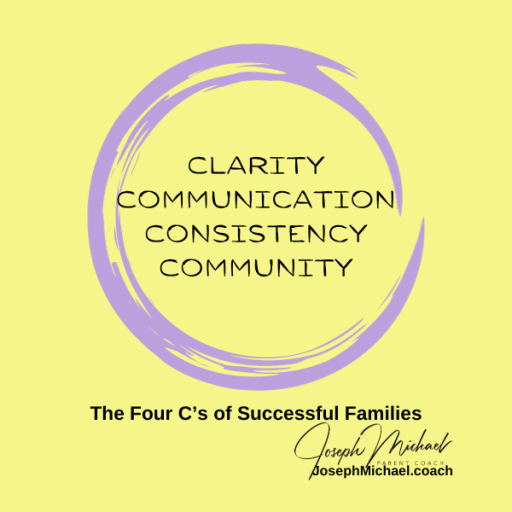In our daily lives, we often overlook the importance of how we treat ourselves, yet this is foundational to our well-being and the health of our relationships. Self-respect and self-care are deeply intertwined; they shape not only how we see ourselves but also how we connect with our partners. When prioritizing these aspects, we cultivate a life filled with love, respect, and fulfillment.
Understanding the link between self-respect and self-care is crucial. They are like two sides of the same coin, each reinforcing the other. When we treat ourselves with respect, we naturally engage in self-care and vice versa. This dynamic plays a significant role in how we relate to our partners because the respect and care we show ourselves set the standard for how we expect to be treated by others.
Here are some ways to enhance your self-respect and self-care, which will, in turn, enrich your relationship with your partner:
1. Honor Your Own Feelings
Your emotions matter. Recognizing and acting on your feelings is an essential part of self-respect. Addressing those feelings rather than dismissing them is important when you feel uncomfortable or unhappy. In your relationship, openly expressing your emotions creates a foundation of honesty and mutual respect.
2. Speak Kindly About Yourself
The words you use to describe yourself shape your self-perception. Avoid self-deprecating humor, especially if you’re unsure of your self-worth. Instead, speak to yourself as you would to someone you deeply care about. This positive self-talk boosts your self-esteem and sets a tone of mutual respect in your relationship.
3. Prioritize Your Emotional Well-Being
Caring for your emotional needs is a direct expression of self-respect. If a relationship consistently leaves you feeling drained or unhappy, it may be time to reassess. A healthy partnership supports your emotional health rather than detracting from it. Remember, you are responsible for nurturing your own emotional balance.
4. Acknowledge Your Right to Respect
At the heart of self-respect is the recognition that you deserve to be treated with dignity. This is not just a luxury—it’s a fundamental human right. When you acknowledge your worth, you communicate to your partner that respect is non-negotiable, laying the groundwork for a healthy, respectful relationship.
5. Set Boundaries for Respectful Treatment
It’s important to be clear about your expectations for how you want to be treated. Whether with a partner, a colleague, or even your children, standing firm in your boundaries is an act of self-respect. Allowing disrespect undermines your self-care and can enable negative behavior in others. Healthy boundaries promote mutual respect and understanding in your relationship.
6. Live in a Way That Shows You Care for Yourself
Your actions reflect your self-respect. Caring for your physical health, choosing your words thoughtfully, and avoiding harmful behaviors all demonstrate that you value yourself. By living with intention, you uplift yourself and inspire your partner to treat you with the same level of respect.
7. Practice Respect in All Relationships
Treating others with respect often mirrors how we treat ourselves. When you consciously show respect to those around you, you reinforce the habit of self-respect within yourself. This respectful attitude becomes the standard in your relationship, fostering an environment where both you and your partner thrive.
Incorporating these practices into your life can significantly elevate your self-respect and self-care. As you do, you’ll notice a positive shift in how you relate to yourself and your partner. By nurturing these qualities, you’ll create a more fulfilling relationship built on mutual respect, care, and love.

Self-respect, self-care, respectful relationships, and parenting in the best way for your family all begin with:
Clarity of your values. Identifying your role in life, the family, and your expectations of yourself and others.
Communication of those values and expectations and the rules, routines, and consequences that demonstrate the expected behavior.
Consistency in upholding your values, rules, and consequences is critical to maintaining family structure. Consistent communication is also critical to keeping the team (family) all on the same page.
Community building gives everyone the support they need outside the family unit.
Joe is a husband, father, grandfather, author, speaker, educator, course creator, and parent/family coach.
He helps parents develop unity, find clarity, communicate, and develop consistency in their parenting with the Four C’s of Successful Families. You can find his work on social media.
In addition, the Four C’s newsletter is enjoyed by many as it encourages parents to self-care, build their relationships with their partners, and raise their children.
And he loves to golf!

